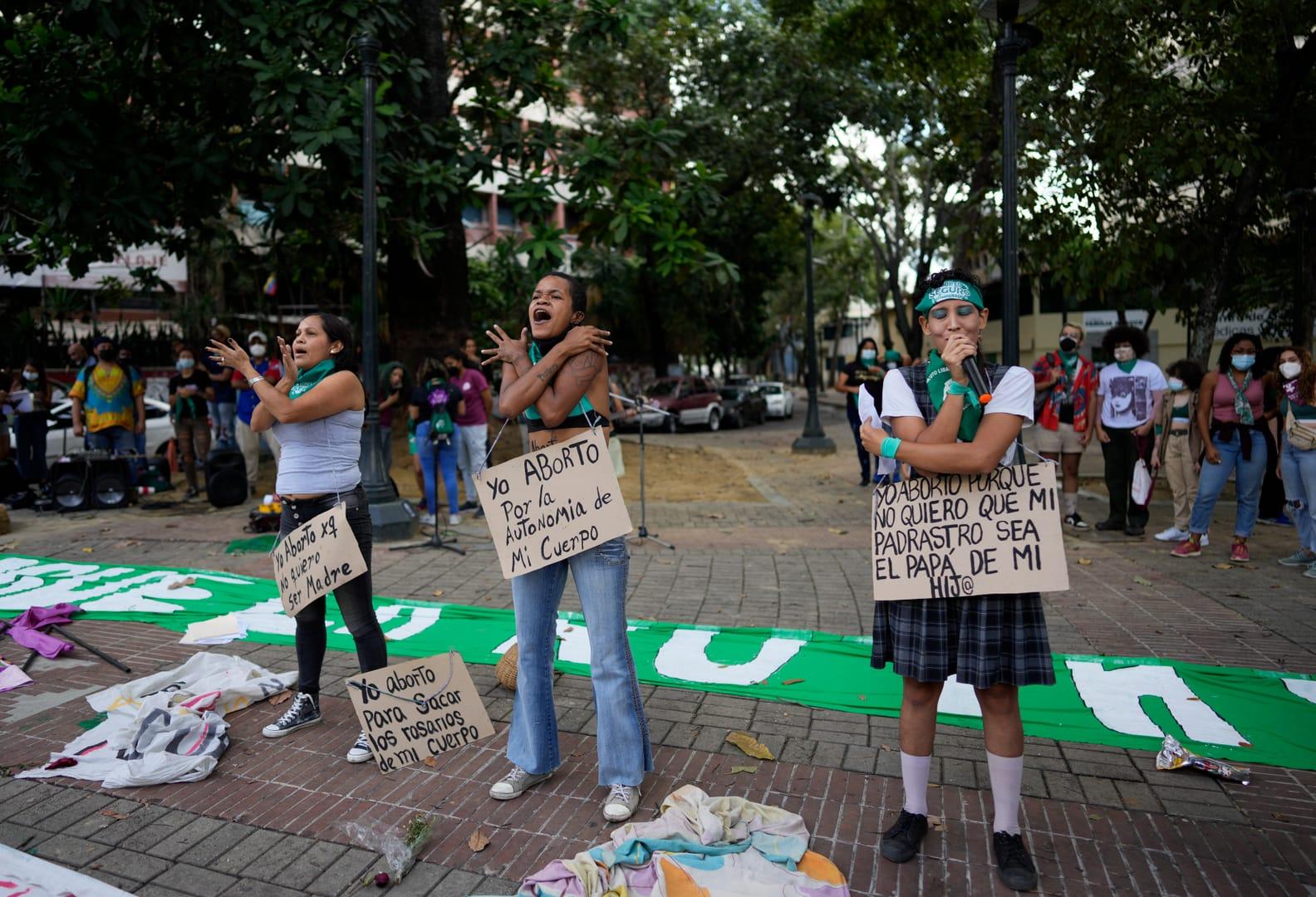SANTIAGO, Chile — The lower house of Chile’s Congress took a step toward decriminalizing abortion in most cases Tuesday, voting to craft a law barring prosecution of women who get abortions in the first 14 weeks of pregnancy.
The initiative, which is opposed by the government, still faces hurdles before it can become law. While lawmakers in the lower house voted 75-68 with two abstentions to debate it, details of a bill will have to be agreed upon before the matter then goes to the Senate.
Currently, abortion is allowed in Chile only in cases of rape, medical conditions that endanger a woman’s life or instances when a fetus would not be able to survive.
The vote by legislators came the same day that women’s groups in the region were staging demonstrations against abortion restrictions.
There are no statistics on how many clandestine abortions are performed per year in Chile. The Humanas Corporation, a women’s rights group, estimates there are between 60,000 and 70,000.
Decriminalization of abortion in the first 14 weeks of pregnancy would protect women from seeking the procedure in possibly unsafe conditions, said Chilean lawmakers who support the measure.
“Condemning a woman for simply having an abortion is immoral,” opposition deputy Andrea Parra said.
Mónica Zalaquett, the minister of women’s affairs, said that “this government will always protect life, from its conception” and that “no woman in Chile is serving” jail time for having an abortion.
Chile holds general elections Nov. 21 and is also in the process of drafting a new constitution to replace the old military-era charter.
Many countries in heavy Catholic Latin America have restrictive abortion laws, though legalization efforts in some nations have gained momentum.
The project to decriminalize abortion in most cases languished in Chile’s Congress for several years and was only reactivated when a similar law was approved in Argentina in December 2020.
This month, Mexico’s Supreme Court ruled it is unconstitutional to punish abortion, unanimously annulling several provisions of a law from Coahuila — a state on the Texas border — that had made abortion a criminal act.
The decision in Mexico came soon after a Texas law took effect prohibiting abortions once medical professionals can detect cardiac activity in the fetus.















